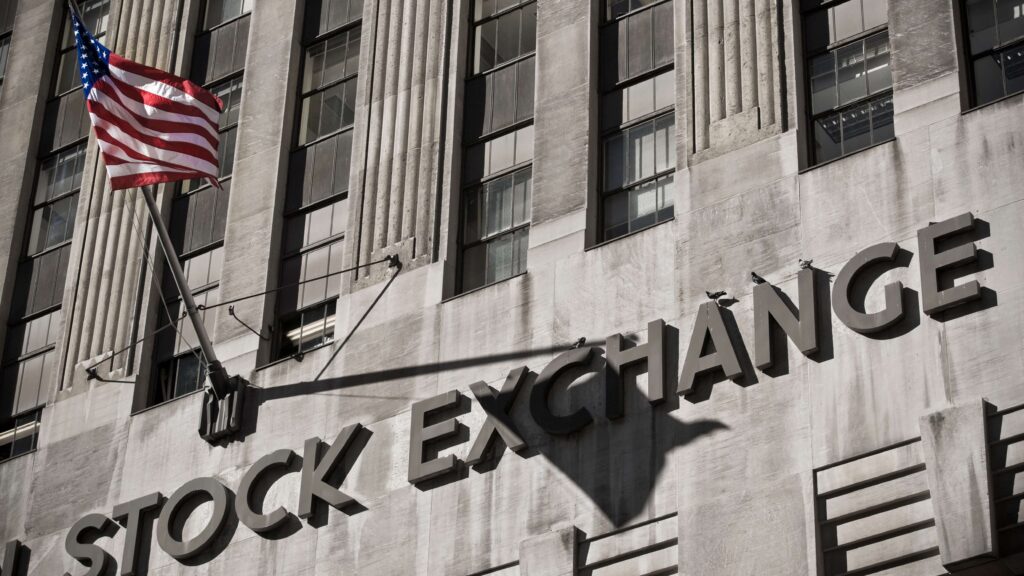The stock market has surged back into a confirmed uptrend at the beginning of November, buoyed by the Federal Reserve’s decision to pause interest rate hikes and positive job reports and economic data. In 2023, the Dow Jones Industrial Average has gained approximately 5.4%, inching closer to its early August highs. Meanwhile, the S&P 500 has seen a robust increase of about 17.6%, and the Nasdaq Composite Index has rallied an impressive 35% year-to-date.
As the market momentum continues, it’s important to be aware of the upcoming holidays that may impact trading schedules. The stock market will be closed on Thursday, Nov. 24, in observance of Thanksgiving. Additionally, both the stock and bond markets will have early closures on Black Friday.

Understanding Stock Market Holidays: A market holiday refers to any non-weekend day when the New York Stock Exchange, Nasdaq, or bond markets close for the day. Typically, these holidays include significant occasions like Thanksgiving or Christmas.
During certain holidays, the stock markets may remain open while the bond markets either stay closed or close early. There are instances when the markets close to observe national days of mourning, such as the closure in honor of the late President George H.W. Bush in 2018.
If a holiday falls on a Saturday, the preceding Friday often becomes a stock market holiday. Similarly, if a holiday falls on a Sunday, the markets usually close on the following Monday.
Regular trading hours for the New York Stock Exchange and the Nasdaq run from 9:30 a.m. to 4 p.m. ET, Monday to Friday, with weekends being non-trading days. It’s essential for investors to be aware of these holiday nuances as the stock market navigates through the all-important holiday season.









